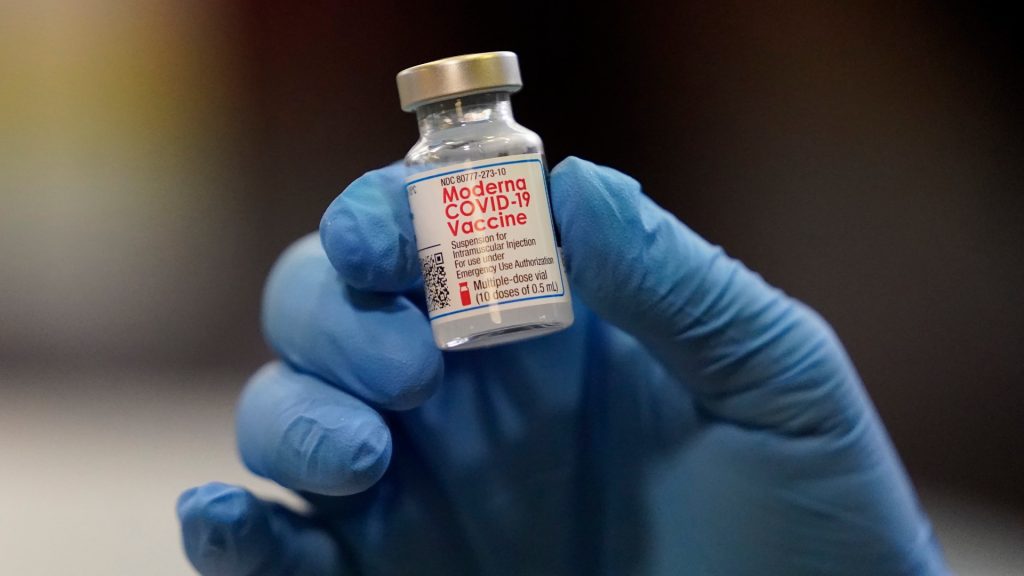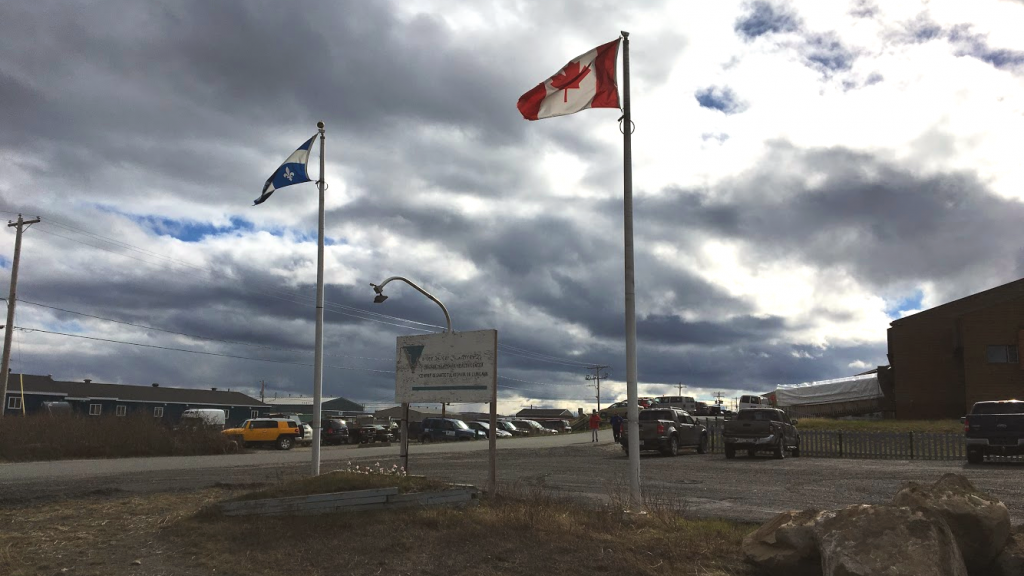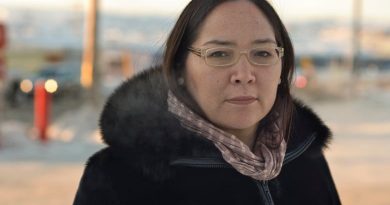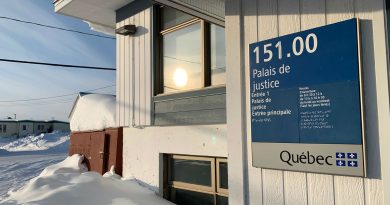COVID-19 vaccines to arrive in Inuit region of Arctic Quebec January 16

Nunavik, the Inuit region of Arctic Quebec, will be receiving its first doses of the Moderna COVID-19 this weekend.
The first 1,000 doses arrive on Saturday and will be distributed throughout the region’s 14 communities so vaccination can begin on Monday, January 18, the regional health board, the Nunavik Regional Board of Health and Social Services (NRBHSS), said in a Facebook post this week.
In Nunavik’s three most populous communities; Puvirnituq, Inukjuak, and Kuujjuaq, vaccination priority will be given over the next two weeks to those most at risk for COVID-19 complications.
Starting February 8, the vaccine will be offered to those most likely to get exposed to the virus.
In the other 11 communities, vaccinations the first two weeks will be offered in priority to those most at risk from COVID-19 complications and to those most likely to be exposed to the virus.
On February 8, the vaccine will be offered to others.

Community members will be able to receive detailed information on getting the vaccine from their local nursing stations.
Two-dose Moderna vaccine
After Phase 3 trials, Moderna found its coronavirus vaccine is 94.1 per cent effective at preventing symptomatic COVID-19, and is 100 per cent effective against severe COVID-19, 14-days after two doses.
The Nunavik Regional Board of Health and Social Services (NRBHSS) did not respond before deadline to inquires about when and how second Moderna doses would be provided to Nunavik residents.
Nunavik has a population of approximately 13,000 people, with 14 communities in the region. All the communities are fly-in only.
Write to Eilís Quinn at eilis.quinn(at)cbc.ca
Related stories from around the North:
Canada: Elder in Makkovik first to get COVID-19 vaccine in Inuit region of Atlantic Canada, Eye on the Arctic
Denmark: Who is allowed into Denmark from Sweden right now?, Radio Sweden
Iceland: COVID-19 variant prompts Iceland to require quarantine for children entering country as of January 13, Eye on the Arctic
Russia: Russia’s Northern Fleet begins 2nd stage of COVID-19 vaccination, Radio Canada International
Sweden: Sweden’s northernmost county among regions to introduce stricter COVID-19 recommendations, Radio Sweden
United States: After early containment success, there’s now rapid COVID-19 spread in rural Alaska, including the Arctic, Alaska Public Media



